IELTS Reading Matching Sentence Endings Example 9
Table of Contents
Limited-Time Offer : Access a FREE 10-Day IELTS Study Plan!
Complementary and Alternative Medicine
| What do scientists in Britain think about alternative’ therapies? Or la kennedy reads a surprising survey
A. Is complementary medicine hocus-pocus or does it warrant large-scale scientific investigation? Should science range beyond conventional medicine and conduct research on alternative medicine and the supposed growing links between mind and body? This will be hotly debated at the British Association for the Advancement of Science. One Briton in five uses complementary medicine, and according to the most recent Mintel survey, one in ten uses herbalism or homoeopathy. Around £130 million is spent on oils, potions, and pills every year in Britain, and the complementary and alternative medicine industry is estimated to be worth £1.6 billion. With the help of Professor Edzard Ernst, Laing chair of complementary medicine at The Peninsula Medical School, Universities of Exeter and Plymouth, we asked scientists their views on complementary and alternative medicine. Seventy-five scientists, in fields ranging from molecular biology to neuroscience, replied. B. Surprisingly, our sample of scientists was twice as likely as the public to use some form of complementary medicine, at around four in 10 compared with two in 10 of the general population. Three-quarters of scientific users believed they were effective. Acupuncture, chiropractic, and osteopathy were the most commonly used complementary treatments among scientists and more than 55 per cent believed these were more effective than a placebo and should be available to all on the National Health Service. |
Questions 1-3
Complete each sentence with the correct ending A-F from the box below.
Write the correct letter A-F in boxes 1-3 on your answer sheet.
- The British Association for the Advancement of Science will be discussing the issue of
- A recent survey conducted by a certain organization addressed the issue of
- The survey in which the writer of the article was involved gave information on
- what makes people use complementary rather than conventional medicine.’
- how many scientists themselves use complementary and alternative medicine.
- whether alternative medicine should be investigated scientifically.
- research into the use of complementary and conventional medicine together.
- how many people use various kinds of complementary medicine.
- the extent to which attitudes to alternative medicine are changing
Answers
|
Explanation
Unlock Explanation
| For the first question, the answer is in the first para, 1st line; “Is complementary medicine hocus-pocus or does it warrant large-scale scientific investigation? Should science range beyond conventional medicine and conduct research on alternative medicine and the supposed growing links between mind and body? This will be hotly debated at the British Association for the Advancement of Science.”
The second answer can be found in the first para, 4th line; “One Briton in five uses complementary medicine, and according to the most recent Mintel survey, one in ten uses herbalism or homoeopathy.” The third answer is in the second para, 1st line; “Surprisingly, our sample of scientists was twice as likely as the public to use some form of complementary medicine, at around four in 10 compared with two in 10 of the general population.” |
Also check:
Practice IELTS Reading based on question types
Start Preparing for IELTS: Get Your 10-Day Study Plan Today!
Explore other Matching Sentence Ending Questions
Recent Articles

Kasturika Samanta

Kasturika Samanta
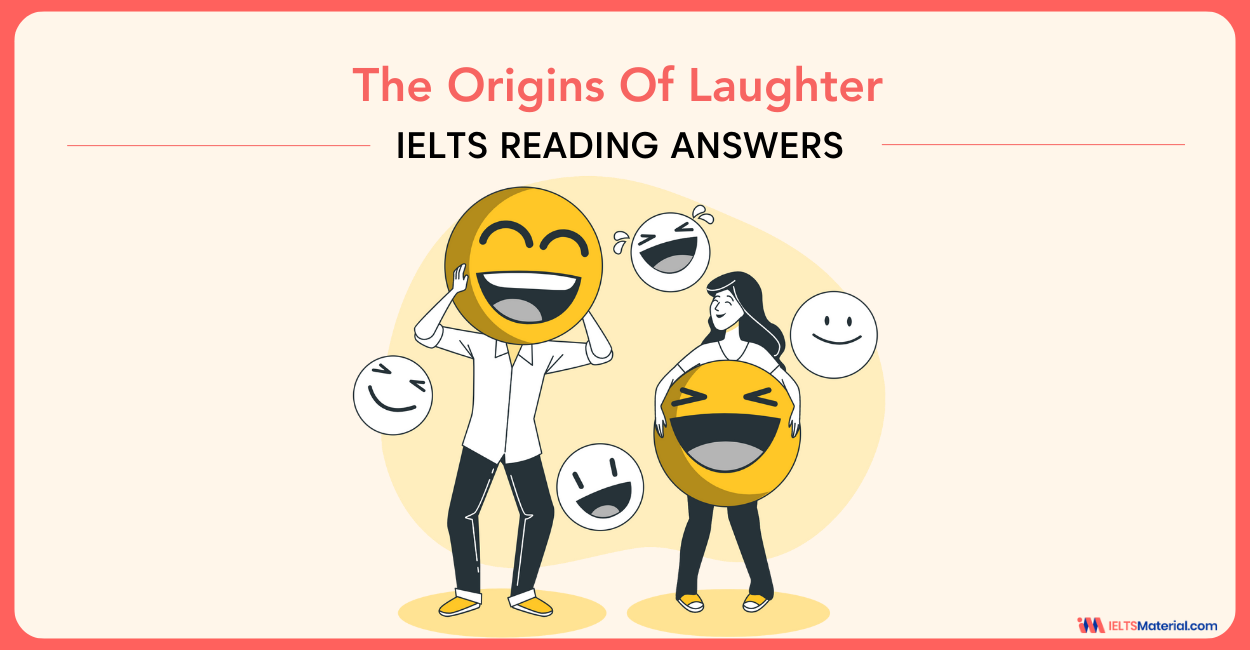
Janice Thompson
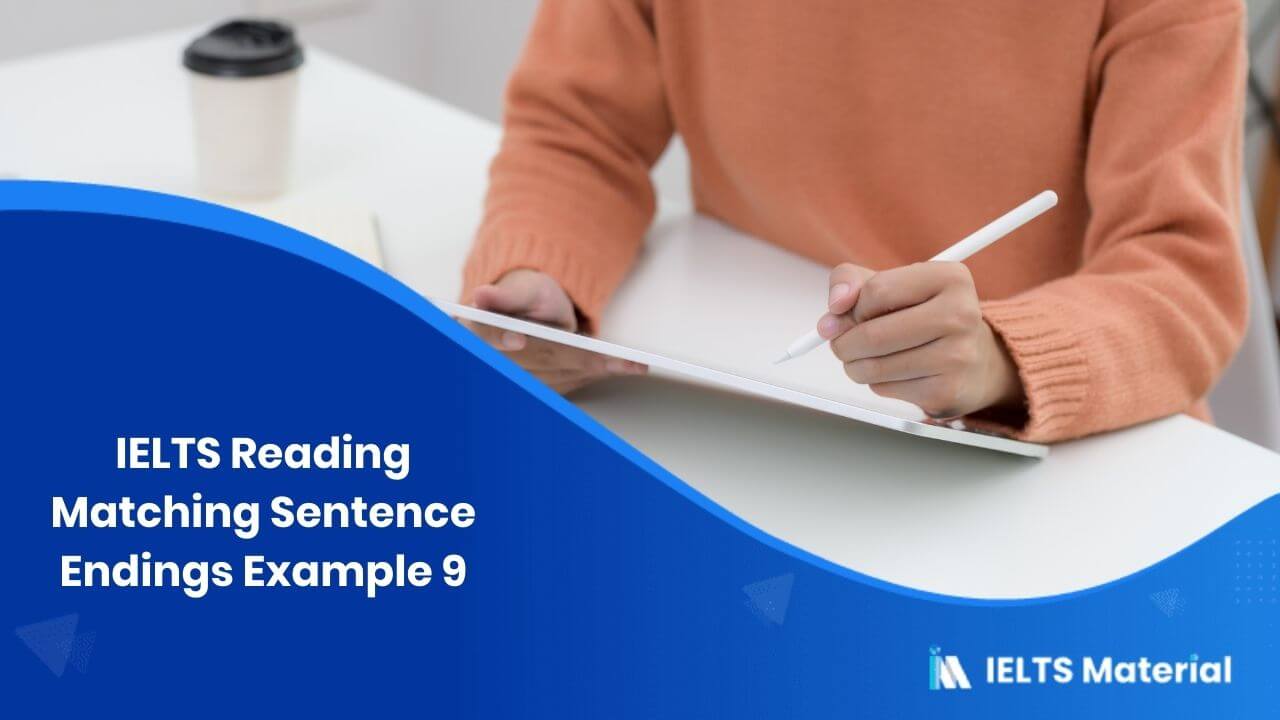
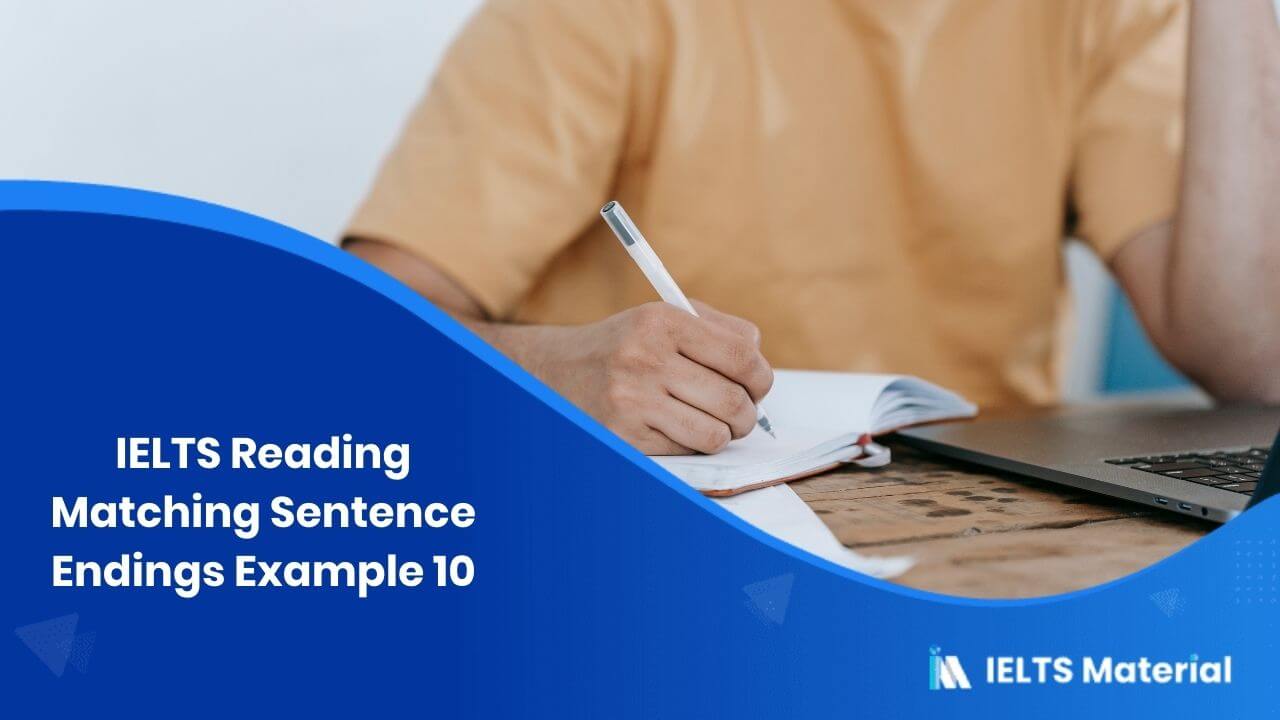
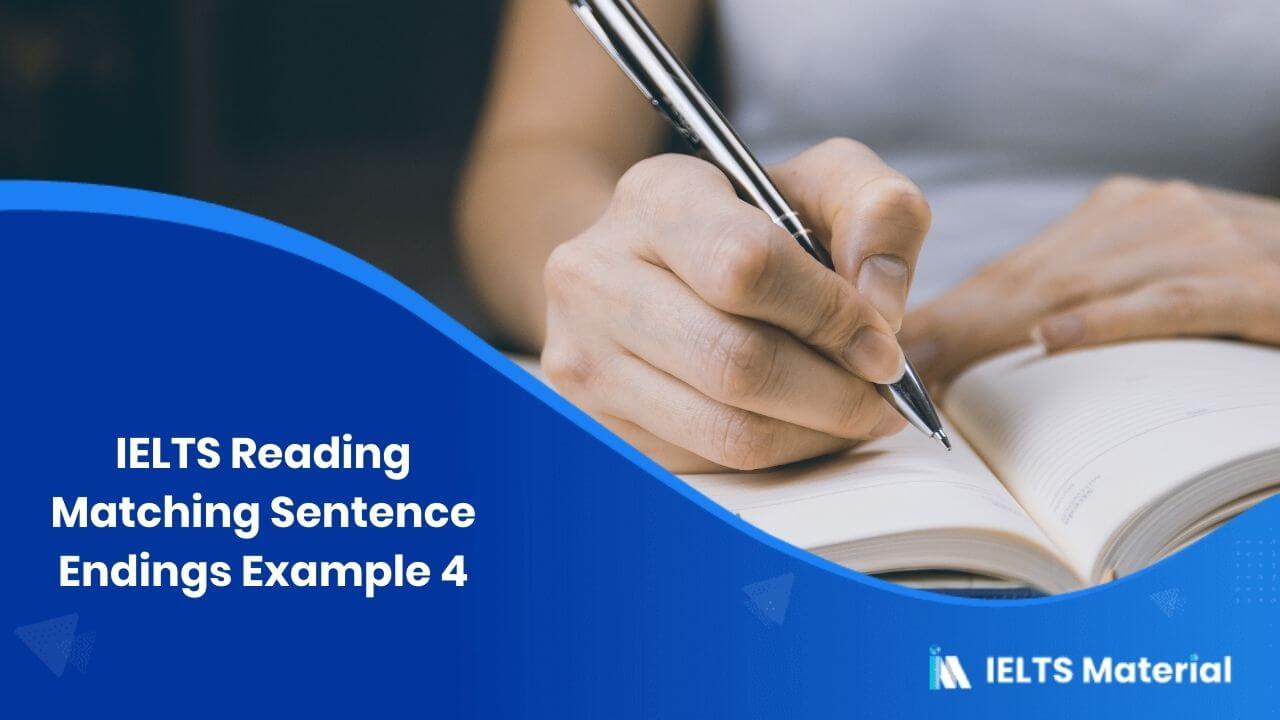
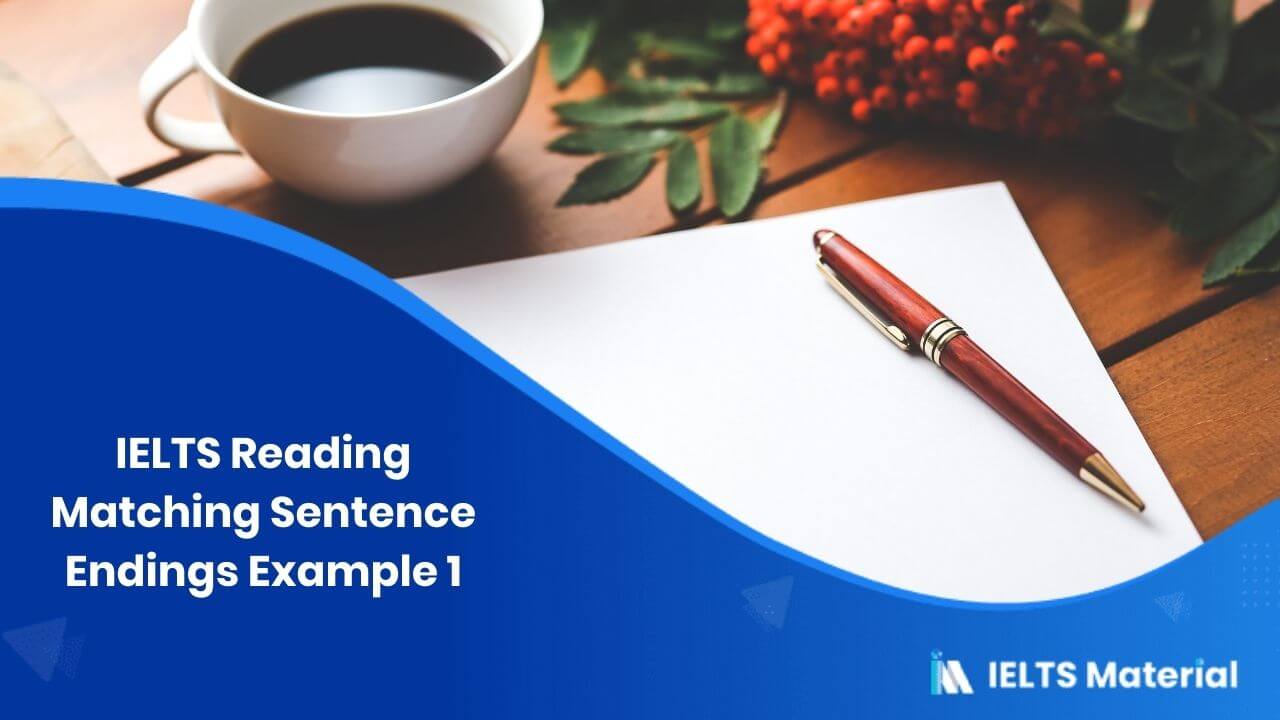
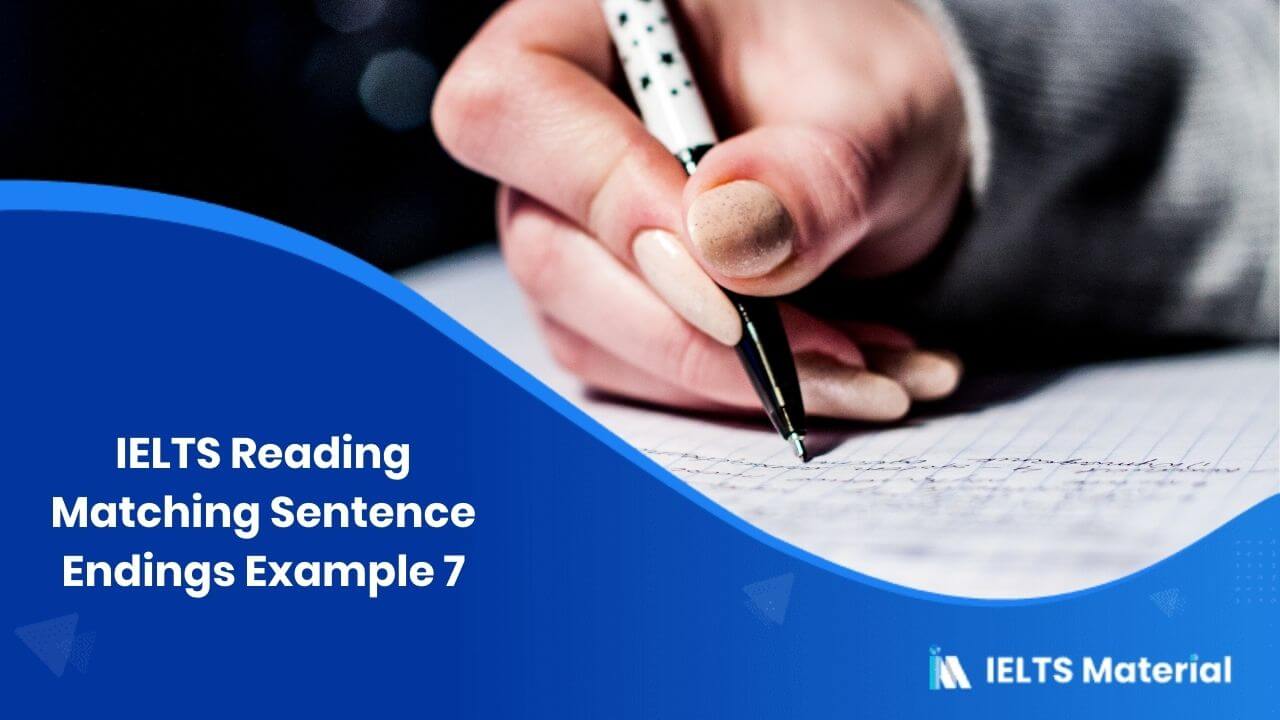


Post your Comments